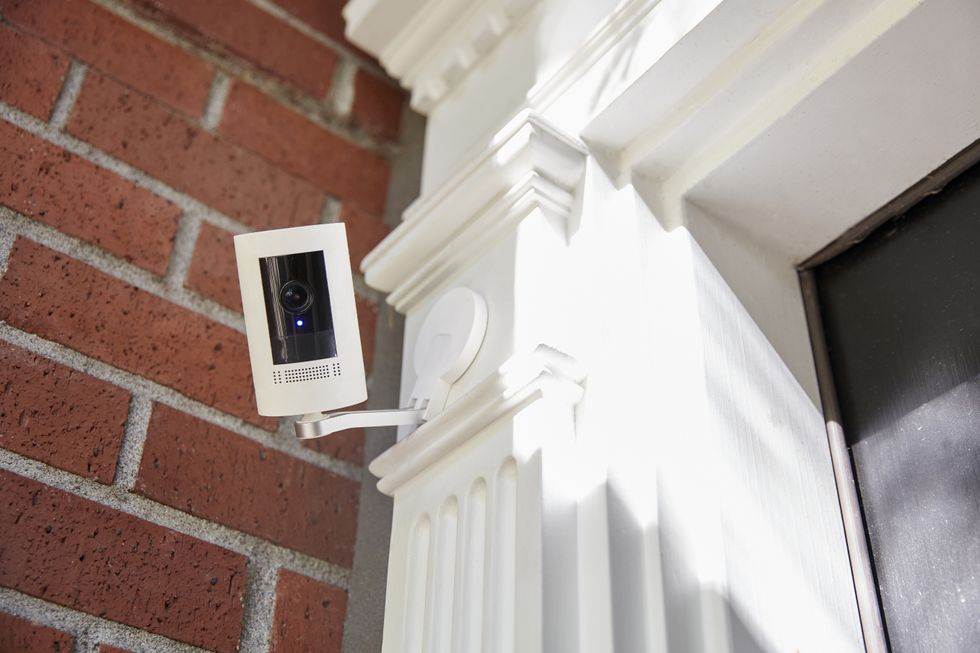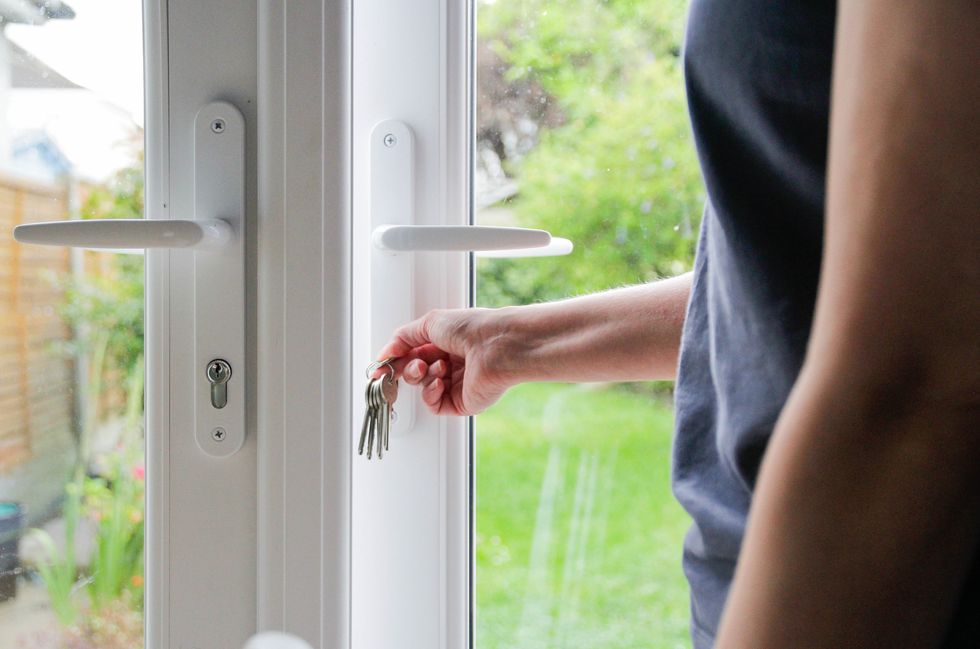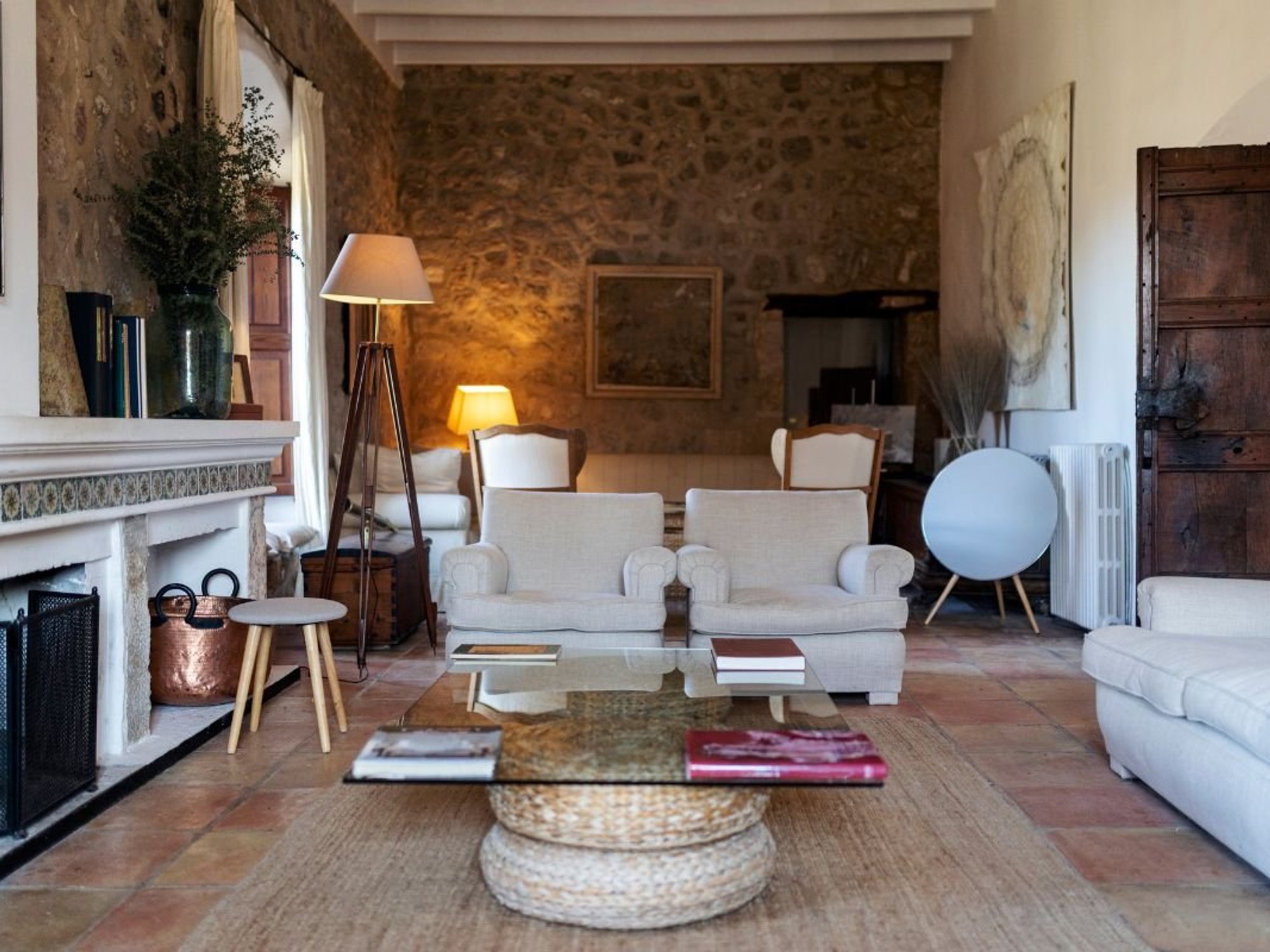Going on holiday? Make sure to ward off burglars with 10 expert-approved safeguards
Proactive measures are crucial to effectively defend your home during a time when the property is particularly susceptible to burglary, experts proclaim
Don't Miss
Most Read
As summer approaches and Britons prepare for holidays abroad or staycations at home, property security is becoming paramount - just as holiday burglaries are on the rise.
A striking 63 per cent of burglaries occur in properties lacking basic security features such as alarm systems, cameras and robust locks, according to shockingly sobering data from West Yorkshire Police.
As a result, property experts are now urging homeowners to take proactive measures to safeguard their properties. The difference between a secure and vulnerable home often comes down to implementing fundamental security precautions that many overlook.
Around 45 per cent have installed smart home security systems to protect their properties during summer months, a comprehensive survey of 500 UK homeowners conducted by Barratt Homes has revealed.

Around 45 per cent have installed smart home security systems
|GETTY
These systems, featuring video cameras and intruder alarms with smartphone alerts, have become the most sought-after security solution.
The research also demonstrates that 70 per cent of Britons would offer more for homes equipped with smart security features. An impressive 42 per cent would pay up to £1,000 extra for properties with smart alarms, doorbells or sensors.
When investing in their own homes, over a third of UK homeowners are prepared to spend up to £500 on smart security technology.
Thankfully, to deter unwanted intruders, property experts have compiled ten essential security measures that homeowners should implement ahead of heading off on their summer holiday.
LATEST PROPERTY DEVELOPMENTS
1. Installing indoor and outdoor alarm systems with motion sensors proves most effective at deterring intruders, though these must be activated consistently.
2. Updating locks remains crucial, with experts recommending deadbolts on all exterior doors and strong frames to prevent forced entry.
3. Windows in outdoor buildings like sheds and garages require particular attention, with pin locks preventing unauthorised lifting.
4. Motion-activated lighting serves as an effective deterrent, with options including solar-powered lights and smart bulbs.
Young homeowners face particular risks, with ONS data showing those aged between 16 and 24 experience the highest burglary rates. Alarmingly, 13 per cent of homeowners in this age group never check their alarm systems before travelling.
5. Further, making sure your gates and fences are strong and sturdy, around the same height as the adjoining walls and are securely connected. Experts have noted that metal gates matching the height of adjoining walls provide superior protection when fitted with dual locking mechanisms.

Updating locks is crucial, as experts recommend installing deadbolts on all exterior doors
|GETTY
6. Next, locking your garage is essential, checking that every door is locked and that, if your garage has a sensor, the remote is kept in the house, not the car.
7. Safely storing spare keys is another top tip. Avoid falling victim to the commonplace tendency to hide your keys under a pot in the garden. Instead, use a wall-mounted combination lockbox, located in a discrete position.
8. Beyond physical security, cyber safety has become essential as smart home features proliferate, with experts recommending unique passwords for each device and enabling two-factor authentication to prevent digital intrusions.
9. Still, however, traditional precautions remain valuable, including hiding valuables and keeping car keys concealed.
10. And, finally, homeowners should also review their insurance policies to understand coverage during extended absences, as some providers require specific security measures when properties are vacant.











